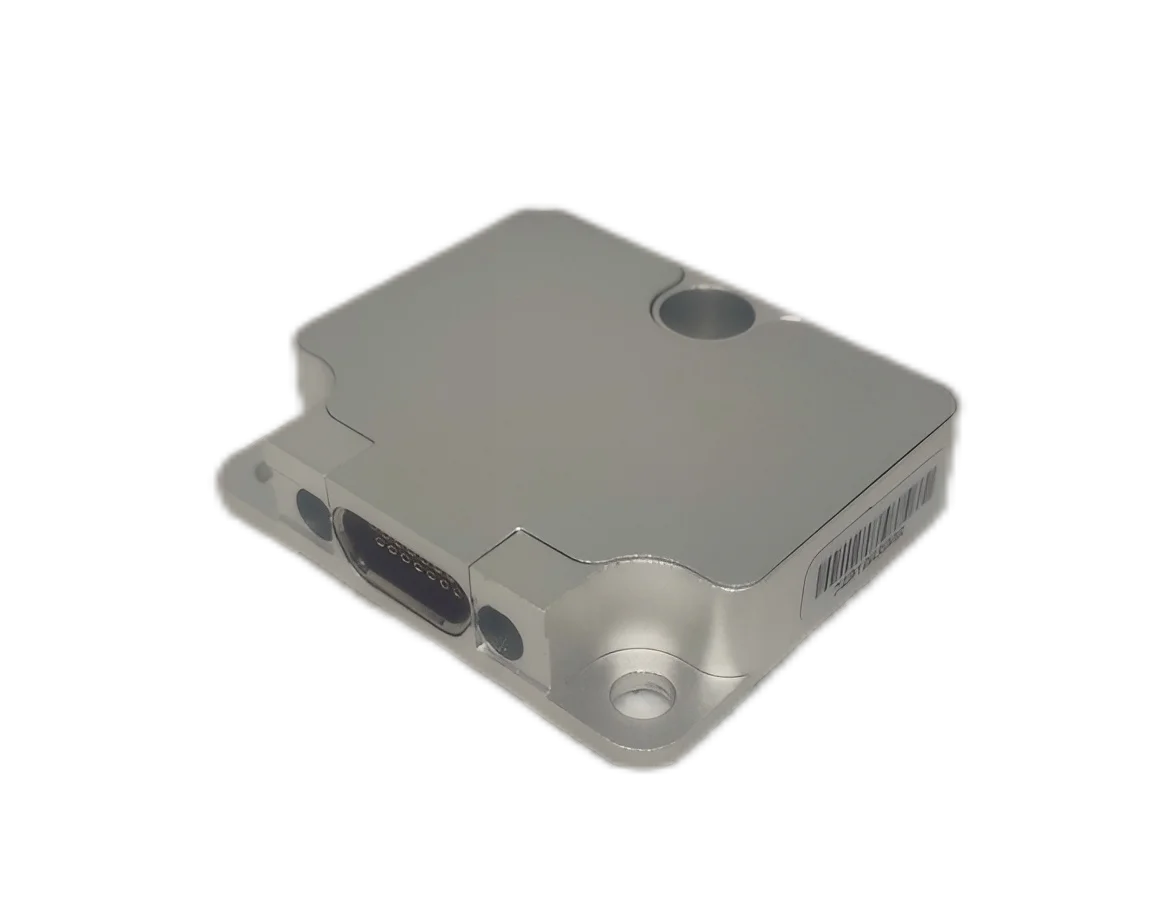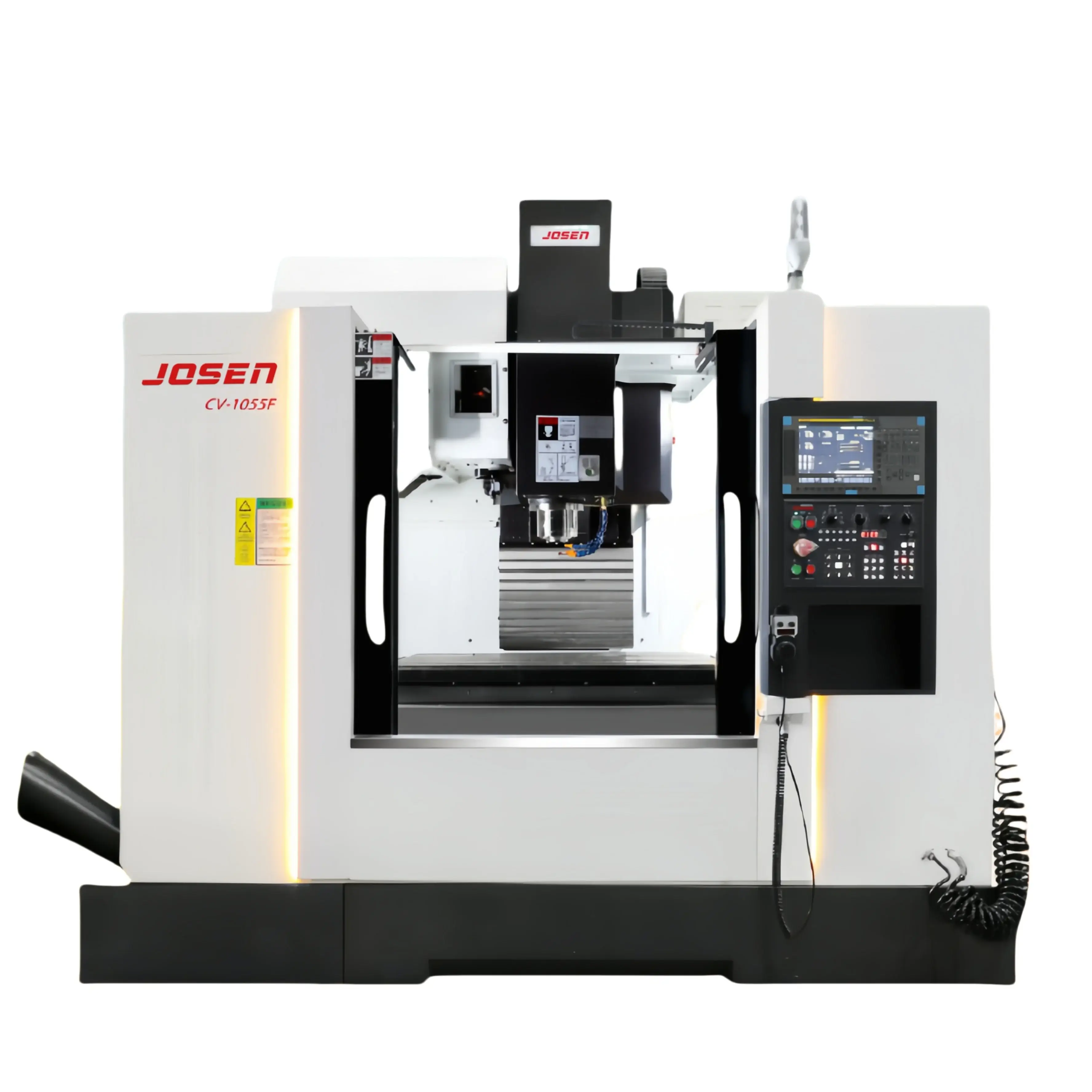Air compressors are essential tools in various industries, providing compressed air for a wide range of applications. However, understanding the electricity consumption of a small air compressor is crucial for both energy efficiency and cost-effectiveness. In this blog post, we will delve into the factors that influence power consumption and provide insights on how to optimize energy usage.
- Power Rating and Efficiency:
The power rating of an air compressor indicates the amount of electricity it requires to operate. It is typically measured in horsepower (HP) or kilowatts (kW). However, power rating alone does not determine the actual energy consumption. The efficiency of the compressor plays a significant role in determining the electricity usage. - Duty Cycle:
The duty cycle of an air compressor refers to the ratio of the compressor's running time to its resting time. It is crucial to consider the duty cycle when estimating power consumption accurately. A small air compressor with a higher duty cycle will consume more electricity compared to a similar-rated compressor with a lower duty cycle. - Load Conditions:
The load conditions, including the air pressure and flow requirements, greatly affect the power consumption of an air compressor. Higher pressure and flow demands will result in increased energy usage. Understanding the specific requirements of your application and selecting an appropriately sized compressor can help optimize energy consumption. - Control Systems:
Modern air compressors often feature advanced control systems that regulate their operation based on demand. Variable Speed Drive (VSD) compressors, for example, adjust the motor speed to match the required air output, resulting in significant energy savings. Investing in compressors with efficient control systems can lead to substantial reductions in electricity usage. - Maintenance and Optimization:
Regular maintenance and optimization of air compressors are vital for minimizing energy consumption. Ensuring proper lubrication, cleaning or replacing air filters, and checking for leaks can improve the overall efficiency of the compressor. Additionally, monitoring and adjusting the pressure settings according to the application's needs can further optimize energy usage.
Conclusion:
Understanding the power consumption of small air compressors is crucial for efficient and cost-effective operations. Factors such as power rating, efficiency, duty cycle, load conditions, control systems, and maintenance all contribute to the overall electricity usage. By considering these aspects and implementing energy-saving practices, businesses can reduce their environmental footprint and save on energy costs.


